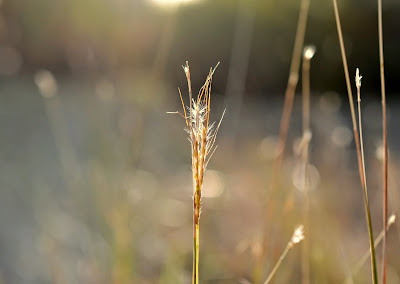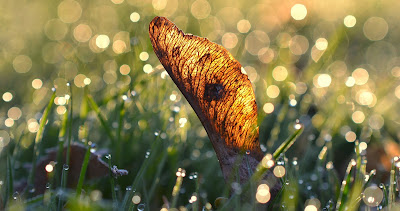I love these wise words from Jon Kabat-Zinn: "Simplifying our lives in even little ways can make a big difference. If you fill up all your time, you won't have any. And you probably won't even be aware of why you don't. Simplifying may mean prioritizing the things that you have to and want to do and, at the same time, consciously choosing to give certain things up."
Such an obvious yet profound statement: if you fill up all your time, you won't have any. We convince ourselves we don't have choices; that our time is actually not our own. We lament that we have no freedom--I'm crazy busy right now--yet we continue to over-schedule ourselves (or we lose our free time in mindless activity). There's seldom space for life to organically unfold, because we don't allow for it. We're part of this process.
I remember my first glimpse of freedom at work. I was asked to do something that wasn't an integral part of my job. With kindness and firmness, I said "no." It was an experiment. I feared the worst--loss of admiration and respect--yet my fear wasn't valid. Everything was okay. So I said "no" in a different situation and noticed what happened. Again, it was all okay. At the time, my plate was too full. I had to consciously give up certain things. In this process, I made space--space for what I value most.
Not every request must be met with "yes." Not every family event must be attended. Not every errand must be run. Not every post, comment, video, or news story must be viewed. We have choice in our lives and that's a wonderful thing.
The first step is to notice--notice what's happening in your life. The next step is to prioritize: what do I most value? What is most important? This is where we can make intentional choices (do my actions align with what I most value?). From Kabat-Zinn: "It may mean learning to say no sometimes, even to things you want to do or to people you care about and want to help so that you are protecting and preserving some space for silence, for non-doing." There's great freedom when we consciously make space. This freedom comes from knowing and trusting ourselves. Busyness is a band-aid. The real medicine comes when we pause and look inward; when we make space and live intentionally; when we genuinely connect with ourselves and each other.
---









